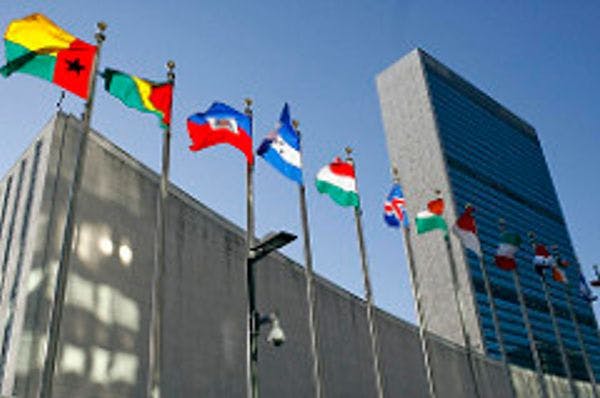Civil society left disappointed by UNGASS on drugs
By Avert.org
Negotiating the political minefield of global drug policy has left civil society and many progressive-thinking countries disappointed by the outcomes of last week’s United Nations General Assembly Special Session (UNGASS) on the World Drug Problem, and frustrated by the UNGASS process.
The 19-21 April meeting of world leaders, non-governmental organisations and members of civil society in New York was the first special session on drugs in nearly 20 years. It offered a momentous opportunity to debate global drug policy, discuss successes and failures, and endorse a new Outcome Document as the way forward.
In the three-year run-up, there were strong calls from many member states and civil society organisations to move away from criminalisation and punitive approaches in place since the 1998 UNGASS on drugs, which vowed to reduce the ever increasing supply and demand of drugs through punitive measures, including the criminalisation of drug users.
However, the UNGASS process and last week’s meeting itself were seen by many to have side-lined calls to adopt a health and human rights-based approach to drug policy that is both fair and evidence-informed.
Click here to read the full article.
Keep up-to-date with drug policy developments by subscribing to the IDPC Monthly Alert.
Thumbnail: Flickr United Nations Photo
Regions
Related Profiles
- Richard Elliott
- Coletta Youngers
